What is Hard Water?
Curious about what hard water actually is, why so many water companies are talking about it, and what problems it can cause? Below are a few ways that hard water can impact your life:
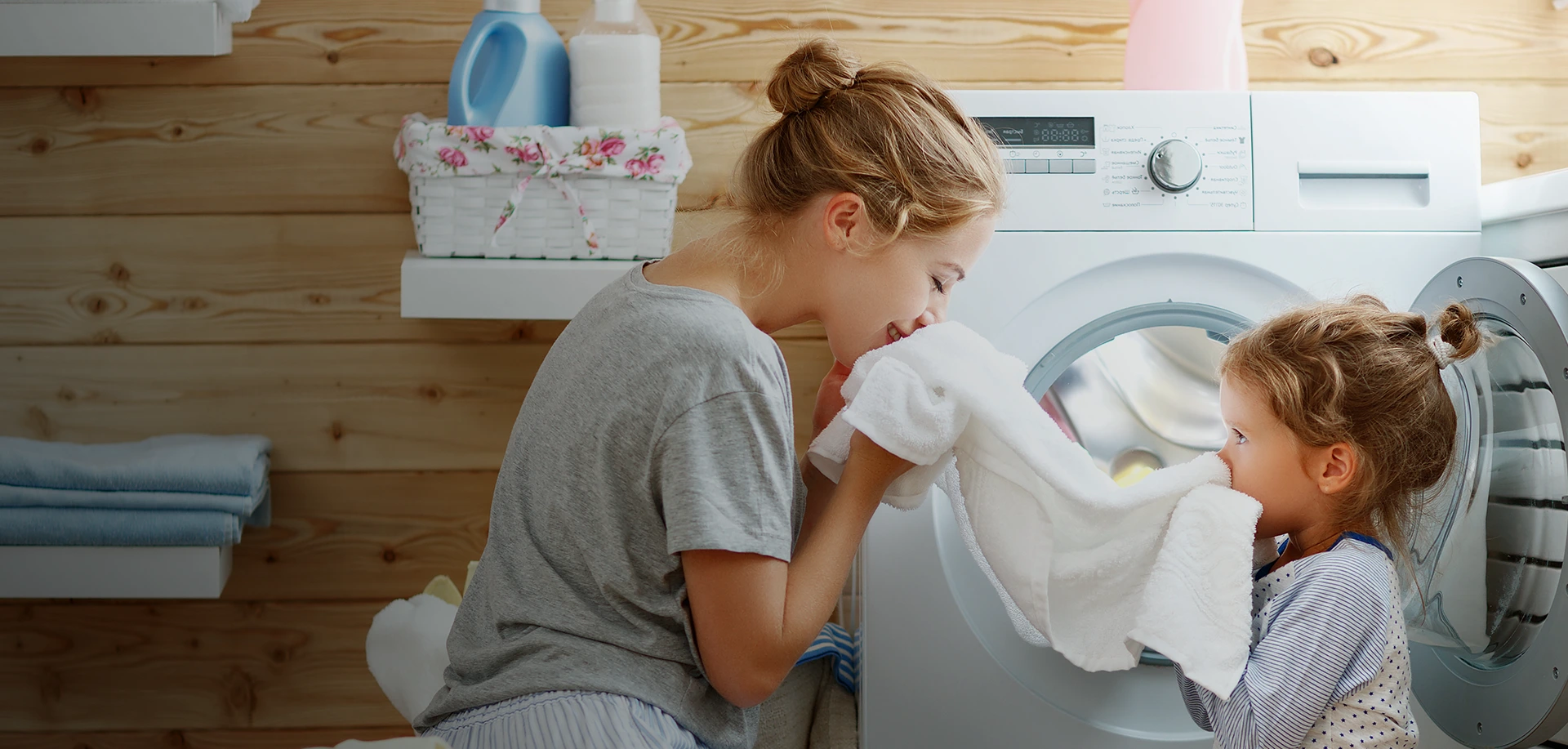
Curious about what hard water actually is, why so many water companies are talking about it, and what problems it can cause? Below are a few ways that hard water can impact your life:

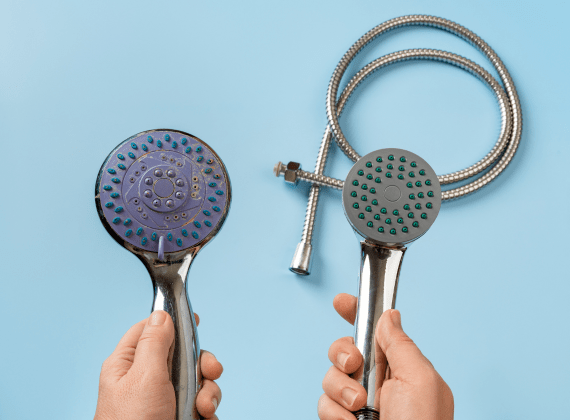
Hard water, containing minerals like magnesium and calcium, can cause problems for home pipes, attendances, and also for people skin and hair. Water starts soft but picks up minerals as it moves through the ground, making it hard. Places like the South East of England and London often have high water hardness. However, areas like Scotland, Ireland, and Wales usually have naturally soft water.
Water hardness measurement of your area is the first fundamental step to identify the levels of hard water and identify possibile correlations with issues are happening in your home.
Do you need a water softener?
If it’s 100ppm or above, you have hard water. A water softener can help you avoid limescale buildup, saving time and money.
* PPM stands for parts per million and indicates the concentration of dissolved limescale minerals like calcium and magnesium in water.
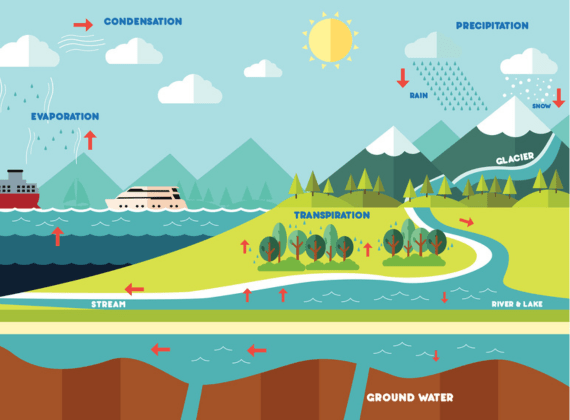
The sun heats water, making it evaporate into vapour, which rises into the air. As it cools, it forms clouds and eventually falls as rain. This water collects on the ground, replenishing rivers, lakes, and oceans, where it gets heated by the sun again, starting the cycle over. Only pure water forms clouds, resulting in mineral-free and soft rain. However, when water hits the ground, it starts to pick up hard minerals, which stay as it moves through reservoirs and into homes.
Hard water can lead to..

Hard water can lead to limescale buildup, which is tough for homeowners to deal with. Removing the limescale can be hard work. Also, limescale can make homes look dirty and less modern, which homeowners don’t like. Limescale can clog shower heads, damage appliance parts, and make them work less well and for a shorter time.

Hard water causes problems like scale and scum, seen as white marks around baths and sinks, often with leftover stuff on sinks, toilets, and showerheads. In bad cases, limescale can block pipes and make water heaters and other appliances stop working well. Also, hard water doesn’t mix well with soap, so it doesn’t clean as well. Clothes might look dull after washing, and dishes and glasses can look smeared.
Hard water can also affect hair, making it look dull and hard to deal with.
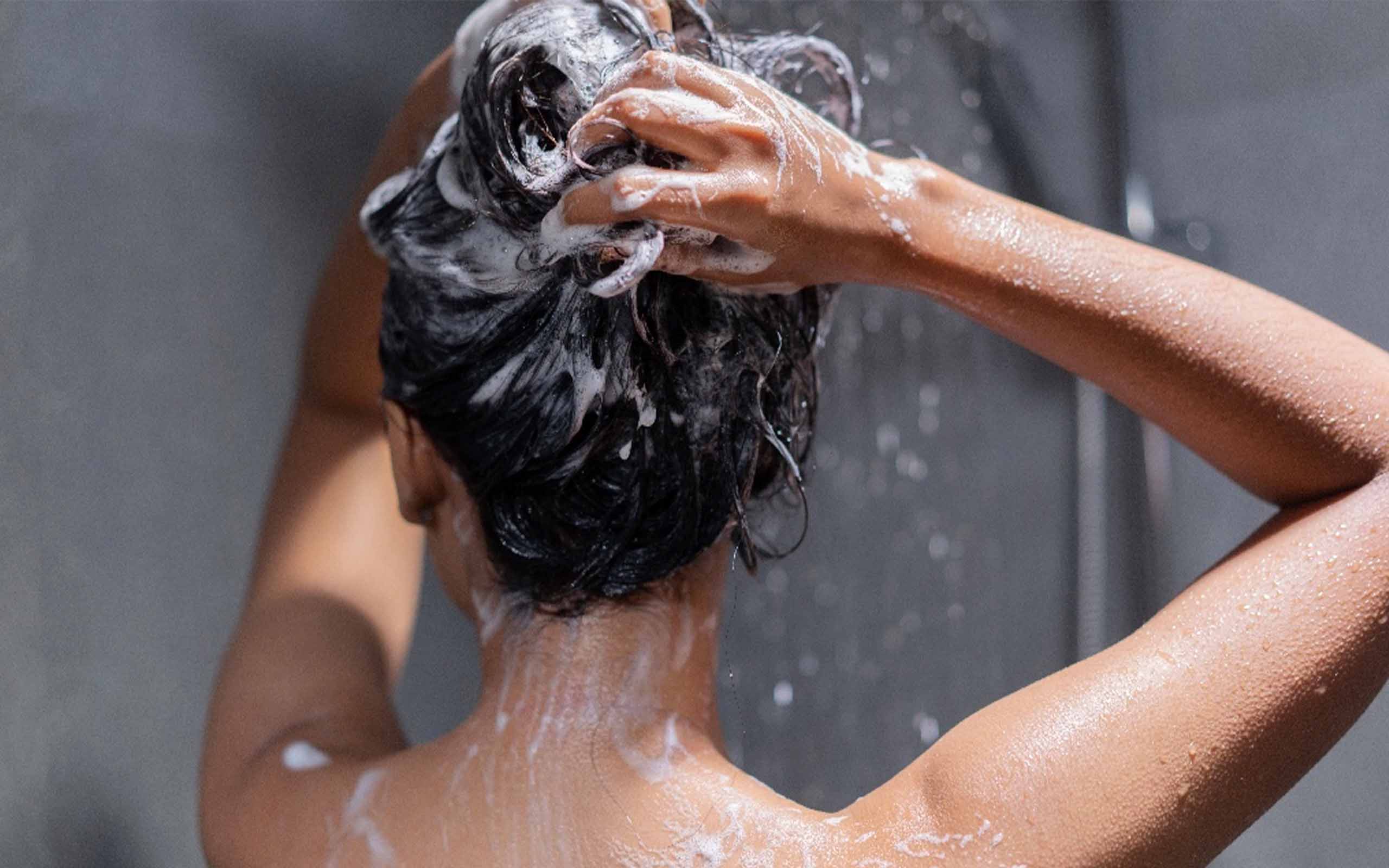
Your hair can also be affected by hard water, leaving it dull and difficult to manage. Find out more about hard water hair and how to treat it, here.
In our research, the main problems from hard water were damage to kitchen appliances (66%), plumbing (59%), boilers (58%), blocked pipes (48%), and heating systems that don’t work well (46%). Fewer people reported problems like undrinkable water (34%) and skin irritations (32%).
Softened water provides so many benefits to your home and family, from a shiny kitchen and bathroom to being soft on skin and hair.

Limescale from hard water can damage plumbing and appliances, leading to expensive repairs.

Say goodbye to scrubbing limescale from your drains, shower screens, tiles, and taps when you get a Harvey Water Softener.
An Harvey water softener system in your home could be a solution to prevent and remove the minerals that increase the effects of water hardness.
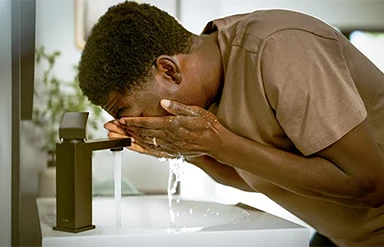
Get softer, brighter laundry, smoother shaving with less irritation, richer tea, indulgent baths in softer water, and better skin conditions against eczema and psoriasis.

A recent study by the University of Sheffield found that hard water makes skin conditions like eczema worse and can cause flare-ups. Also, hard water can make skin irritated, even in people with healthy skin. The study also said some people are more likely to get eczema, even if they don’t already have it.